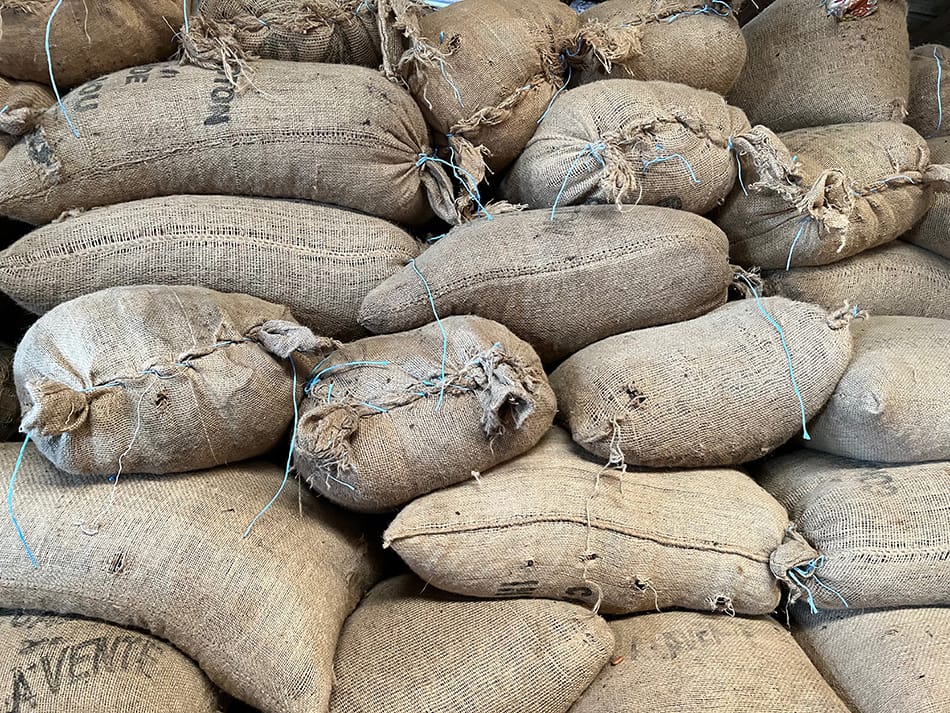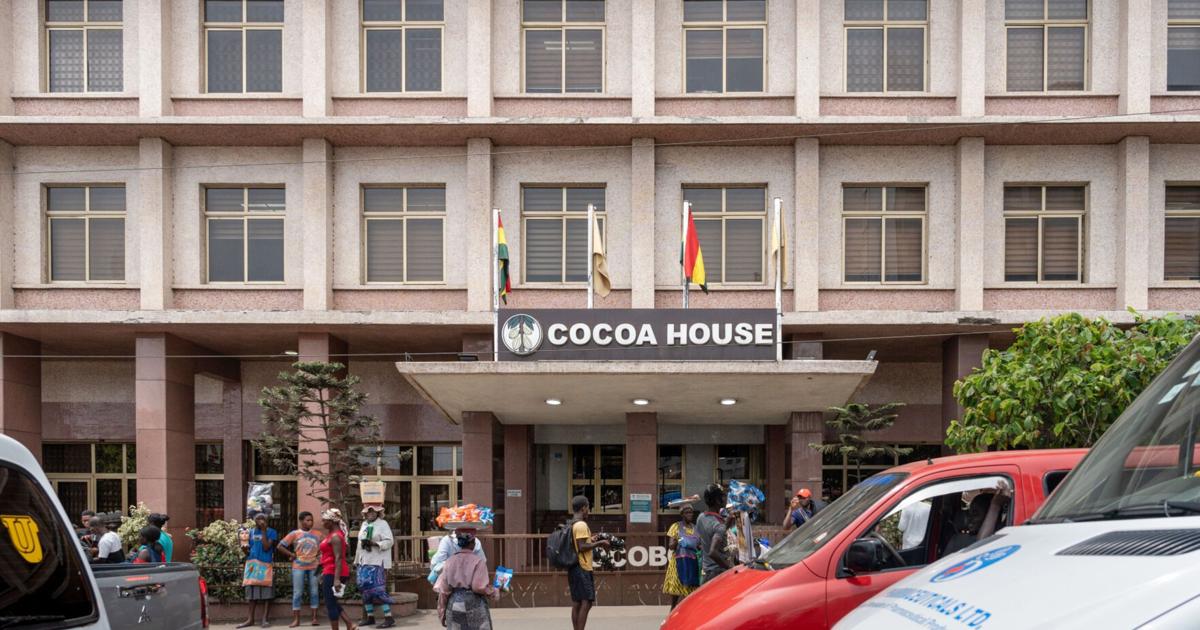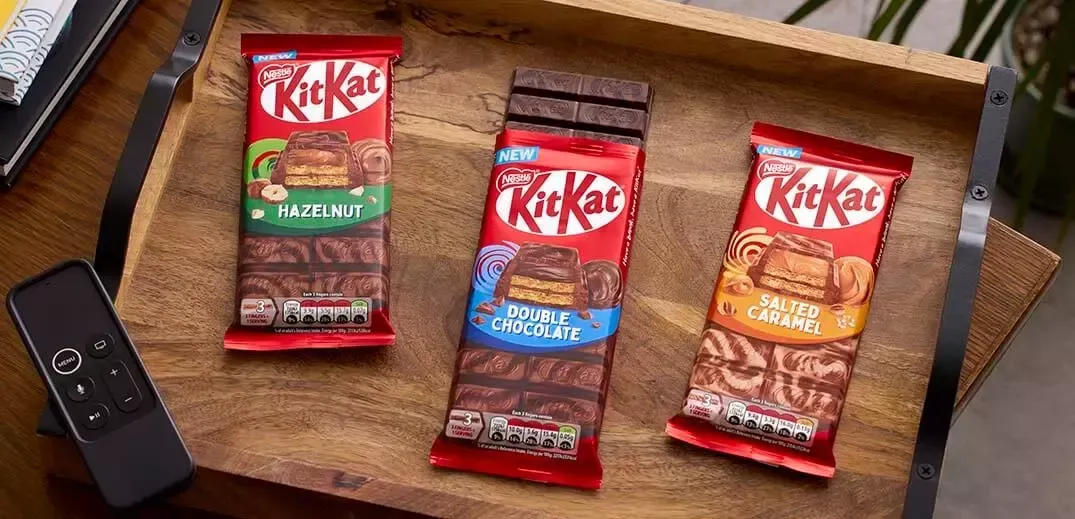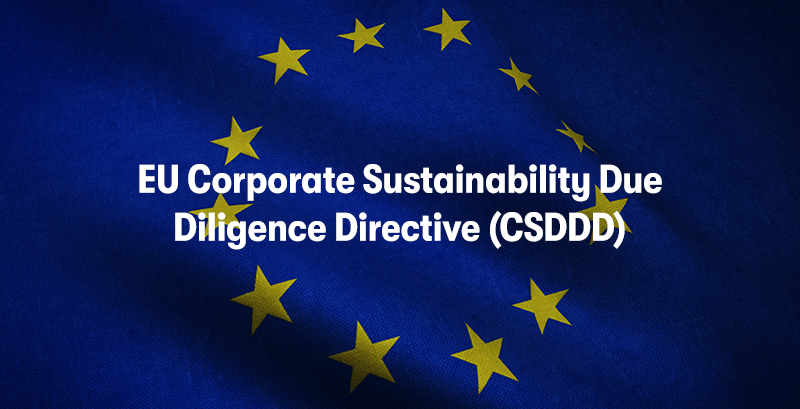
Smugglers caught red-handed in Cote d’Ivoire
The extent of cocoa smuggling in Cote d’Ivoire became evident this week after a Reuters report revealed that customs officers seized approximately 2,000 metric tons of falsely declared cocoa beans worth around $19 million at the country's principal port in Abidjan.
The report alleges that an unnamed cocoa exporter had falsely declared to pay less tax on the shipment at the port. Customs seized 110 containers that, according to the document, were supposed to contain rubber, an officer told the Reuters’ correspondent.
Most of the cocoa smuggled out of Cote d’Ivoire is widely believed to be transported via its western border with Guinea and Liberia, where traffickers pay above the local farmgate price for the commodity.
Because the government regulates the cocoa price, which is lower than the market price, some cocoa farmers sell their beans on the black market, where they can also get a higher price.
"To my knowledge, this is the first time we've made such a seizure. Two thousand tons, or around 15 million pounds, is a huge amount," an officer told Reuters.

Cocobod faces losses of $1.3bn
Ghana's state cocoa regulator, Cocobod, has revealed that it is facing a $1.3 billion loss due to delayed cocoa bean shipments caused by the global spike in cocoa prices.
Analysis by the financial website Finimize explains that Cocobod's situation showcases the intricate interplay between local farming practices and international market dynamics.
“By deferring 370,000 metric tons of cocoa deliveries, the regulator is encountering significant financial setbacks. Contracts for 210,000 metric tons alone have already led to $840 million in losses, exacerbated by rising cocoa prices that add a $4,000 loss per ton, according to Ghana’s recently elected president John Dramani Mahama.”
The effect on the country’s cocoa farmers could also be catastrophic. Further losses of almost $500 million mean Cocobod may not have the financial resources to honour farmer payouts.
Despite prospects of slightly better bean harvests due to improved weather and farm rehabilitations, Finimize says that Cocobod’s path to financial stabilization remains ‘challenging’. A looming debt deadline, climate change, disease outbreaks, and unchecked gold mining further compound its woes.

Nestlé taps into rapidly growing segment with its new KitKat tablets
CocoaRadar is visiting York Cocoa Works this week to catch up with managing director and 'Top 10 influencer' Sophie Jewett. Therefore, would be remiss not to mention the latest developments regarding KitKat, which is still produced in the city by Nestlé.
Designed to capture the growing demand for indulgent and shareable chocolate experiences, Nestlé is launching its new KitKat tablets in Europe.
The launch coincides with the 90th anniversary of the iconic brand. Invented in York in 1935 as 'Rowntree's Chocolate Crisp,' the name 'KitKat' was adopted a couple of years later.
Valued at CHF 7.5 billion (€7.99bn), tablets are the second most popular chocolate format in the European chocolate market, having grown by over €1.49 billion over the past two years.
The company aims to reinforce KitKat's position as a leading brand, while addressing evolving consumer preferences.
"Consumer insights reveal a significant opportunity to enhance the appeal of filled tablets," said Stefano Agostini, Head of Confectionery Nestlé Zone Europe.
"The new KitKat tablets are breaking the codes of the more conservative tablet segment and making them more attractive to younger shoppers, which should drive growth.
“KitKat is one of Nestlé's most successful brands. We are confident that with its brand power, it can successfully expand into new occasions and segments, enjoying a break at home while sharing a piece of chocolate with loved ones."
The new KitKat tablets come in three flavours: double chocolate, hazelnut and salted caramel.
Since its creation, the brand has become a worldwide phenomenon. Its 'Have a Break, Have a KitKat' message champions the importance of taking a moment to pause.
Louise Barrett, Head of the Nestlé Research and Development center for Confectionery York, said: "These KitKat tablets offer a whole new multisensory experience achieved by carefully balancing the ingredient proportions and creating a delightful texture contrast between the chocolate shell and the delicious fillings.
“Additionally, our marbling know-how allows us to precisely blend different chocolate masses, resulting in stunning swirl patterns that enhance visual appeal."
The new tablets are currently available in the United Kingdom and will be available starting in February 2025 in key European markets, Canada, and South Africa.

EU publishes ‘omnibus’ package on watered down sustainability laws for companies
After weeks of speculation, reports Sustainable Views, the European Commission published its first ‘omnibus’ package earlier this week aimed at ‘simplifying’ various parts of the EU’s sustainable finance framework, including CSRD and CSDDD.
The EU executive insisted the proposed changes would ease life for businesses and not create uncertainty for investors. Still, many are unconvinced and are concerned about the EU’s direction of travel.
In a statement, Mighty Earth said: “The Omnibus legislation sets out the Commission’s intention not just to ‘simplify’ critical new due diligence and reporting requirements for companies, but also massively weaken these, rendering them effectively useless. Amongst the most damaging changes proposed to the existing Corporate Sustainability Due Diligence Directive (CSDDD) and Corporate Sustainability Reporting Directive (CSRD).”
- Read more in-depth analysis on this topic in an excellent article published on sustainableviews.com
cocoaradar.com is:
- Official Media Partner - World Cocoa Foundation Partnership Meeting in São Paulo, Brazil, 19-20 March 2025.
- Official Media Partner - Amsterdam Sustainable Cocoa Conference, Chocoa, 4-9 February 2025.
- 'From Our Desk. To Yours'
- Sign-up here for free and upgrade to an annual plan with a 35% discount.

